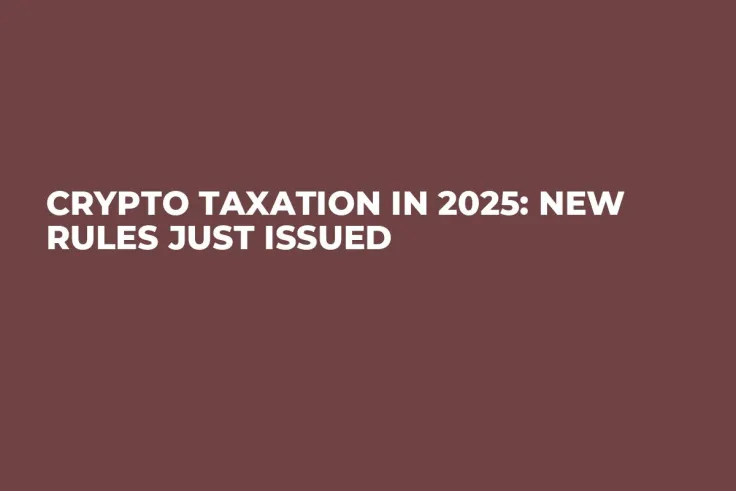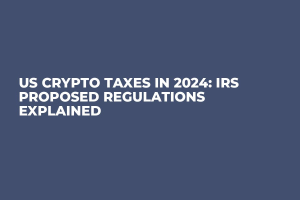
The U.S. Internal Revenue Service (IRS) has released an updated draft of Form 1099-DA, which crypto brokers and investors will use to report proceeds from certain digital asset transactions.
April draft
On April 18, 2024, the IRS unveiled a draft of Form 1099-DA aimed at calculating taxable gains or losses from brokered digital asset transactions. This form includes token codes and fields for wallet addresses, essential for reporting to both taxpayers and the IRS.
The crypto community was uncertain about how the IRS will identify brokers subject to these regulations, especially concerning different types of activities like kiosks, payment processors and wallet providers.
The U.S. tax experts have also highlighted vocal the lack of clarity in current tax regulation. For instance, the proposed regulation § 1.6045–1(a)(21)(iii)(A) defines a facilitative service as any service that directly or indirectly enables a sale of digital assets.
It also excludes persons solely engaged in providing distributed ledger validation services, like proof of work or proof of stake, without offering other functions or services.
Improvements
The updated draft of Form 1099-DA, Digital Asset Proceeds From Broker Transactions, is an improvement of the earlier iteration of the draft. Namely, it is no longer required to fill in sections with wallet number, transaction ID as well as the time of transaction.
The updated draft of Form 1099-DA has removed the requirement to provide wallet numbers, transaction IDs and the time of transactions.
Additionally, it no longer asks filers to identify the type of broker they are, such as "kiosk operator" or "digital asset payment processor."
The IRS also announced plans to provide rules for decentralized and non-custodial brokers in a different set of regulations later this year.
The IRS invited users to submit comments on the draft form within 30 days.

 Dan Burgin
Dan Burgin Vladislav Sopov
Vladislav Sopov